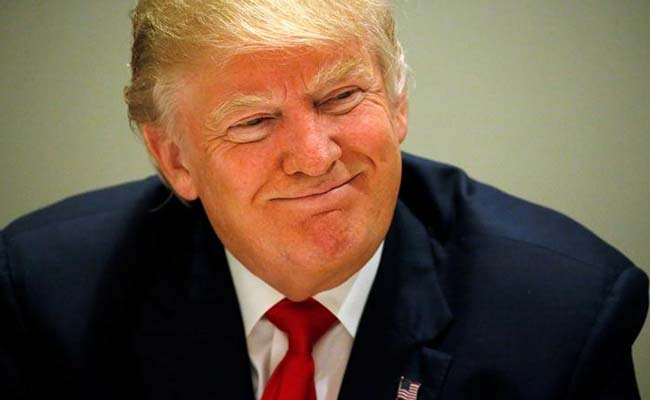|
|
|
|
|
|
| |
| |
By Category |
 |
|
|
| |
|
| |
| |
India On Media |
 |
|
|
| |
|
| |
|
|
| Politics
News |
|
| Trump Should Read India's Playbook |
| Trump Should Read India's Playbook On Taunting China: Foreign Media
|
| UNITED STATES OF AMERICA
, 21-December-2016
19:12:17 PM |
| Donald Trump's decision to break protocol and become the first president-elect in decades to speak by phone with a Taiwanese president was either a colossal blunder or a shrewd strategic coup, depending on which Beltway insider you ask. At the least, Trump's divisive exchange with Taiwanese President Tsai Ing-wen has sparked a substantive debate about the nature of U.S.-China-Taiwan relations and the sanctity of Beijing's version of the "One-China" policy, which codifies China's inalienable sovereignty over Taiwan and Tibet.
Yet, as Washington braces for potential blowback from Beijing, both critics and supporters of the Trump-Tsai exchange have overlooked one key fact. In an era when global powers are shunning both Taiwanese and Tibetan leaders (like the Dalai Lama) under the weight of Chinese pressure, one country has been openly challenging Beijing's One-China policy for more than six years: India.
Like many of China's neighbors, in the late 2000s India was still adjusting to the more assertive and nationalistic brand of Chinese foreign policy that emerged in 2008, when Beijing's leaders interpreted the global financial crisis as symbolic of a great power shift from a declining West to an ascendant China. Bilateral ties were repeatedly tested by friction over Chinese incursions into India across their disputed border, Beijing's efforts to block U.N. sanctions on Pakistan-based terrorists, and visits by the Indian prime minister and the Dalai Lama to the state of Arunachal Pradesh, most of which is claimed by China as "South Tibet," among others.
One Chinese provocation cut deeper than the rest. In 2010, Beijing denied a visa to Lt. Gen. B.S. Jaswal on account of his posting as the head of India's military command in Kashmir, the long-disputed territory claimed by China's "all-weather friend" Pakistan. China had been employing consular chicanery with India for years - stapling separate, unique visas to Indian residents of Kashmir and Arunachal Pradesh as an informal challenge to Indian sovereignty there - but the denial of a visa to Jaswal struck a nerve
|
|
|
|
|
|
|
|
ADVERTISEMENTS
Free offer!!! Become an administrator for your zip home page, "Post" local news (local to your postcode)& pictures, "Post" advertisement banners from local companies. Make Extra money.
|
 |
 |
|
|
| |
|



